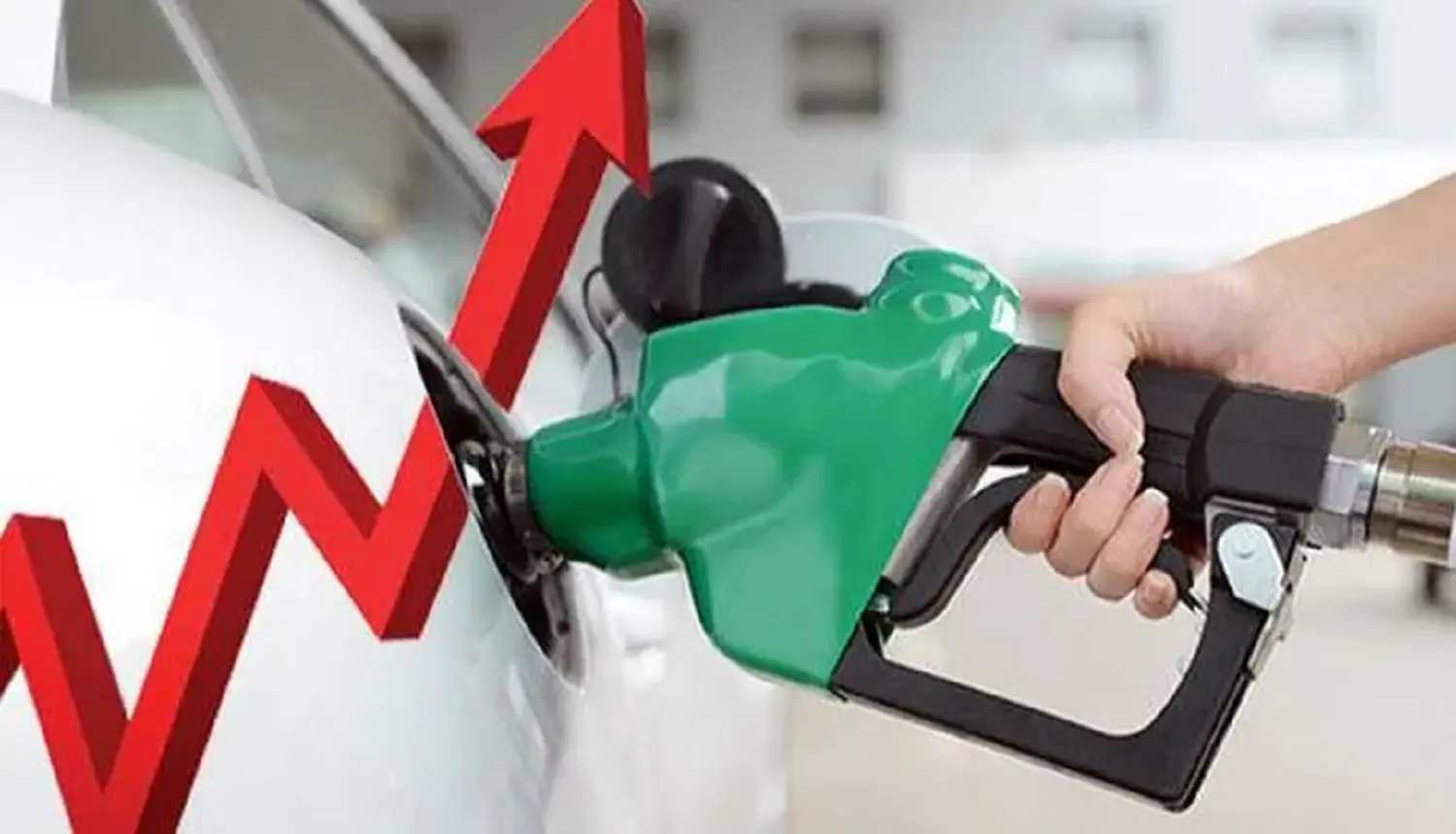BY ALAATTIN AKTAS
I said that I wouldn’t estimate monthly inflation anymore. But that doesn’t mean that I won’t write about how monthly developments affect inflation.
I described the night between May 31 and June 1 as the ‘black night’. Electricity and natural gas prices have highly been raised as of June 1, and diesel fuel and gasoline prices have highly been raised as of June 2.
June inflation is particularly important for civil servants and retirees as it will determine the effect of inflation in the first six months in terms of wages.
I don’t know how much the Consumer Price Index (CPI) will increase throughout June. But, I can say how much and to what extent these price increases will affect the CPI for June.
The impact of the increase in electricity, natural gas, diesel fuel, and gasoline prices will be 1.40 points on June inflation, minimum, if the current prices don’t change before the end of the month. This effect may also reach 1.50 points as the price of diesel fuel and gasoline have increased drastically this year.
Therefore, we can state that 1.401.50 points of the June inflation have already been taken for granted if the prices of these four items don’t increase or decrease.
However, it shouldn’t be ignored that this figure is the direct impact and it will raise all goods and services prices successively.
Meanwhile, we are carrying out ‘miracles’ in foreign trade (FT).
Turkey ’s annualized exports totaled USD 215.5bn, imports amounted to USD 259bn and the FT deficit reached USD 43.5bn in October 2021. The FT deficit hovered around USD 43.5bn – 48.7bn throughout 2021. Last year ended with an FT deficit of USD 46.2bn.
Annualized exports totaled USD 242.6bn, but imports reached USD 313.7bn and the FT deficit jumped to USD 71.1bn in May 2022.
Exports increased by 15% to USD 19bn, and imports climbed by 44% to USD 29.7bn in May, year-over-year, according to the Trade Ministry. The FT deficit jumped 157% from USD 4.2bn to USD 10.7bn in this period.
The trend was almost the same in the first five months of the year. The FT deficit, rose from USD 18bn to USD 43bn in the first five months of this year on an annual basis. What more is there to say?
The high course of global commodity prices, including high energy prices, is among the most important reasons for the rapid increase in Turkey’s imports. But things don’t look so good even if energy is excluded.
The export/import coverage ratio dropped by 15.9 points in May on an annual basis. Although energy imports are excluded, the decline continues. The export/import coverage ratio fell by 12.3 points in this period when energy data was excluded.










